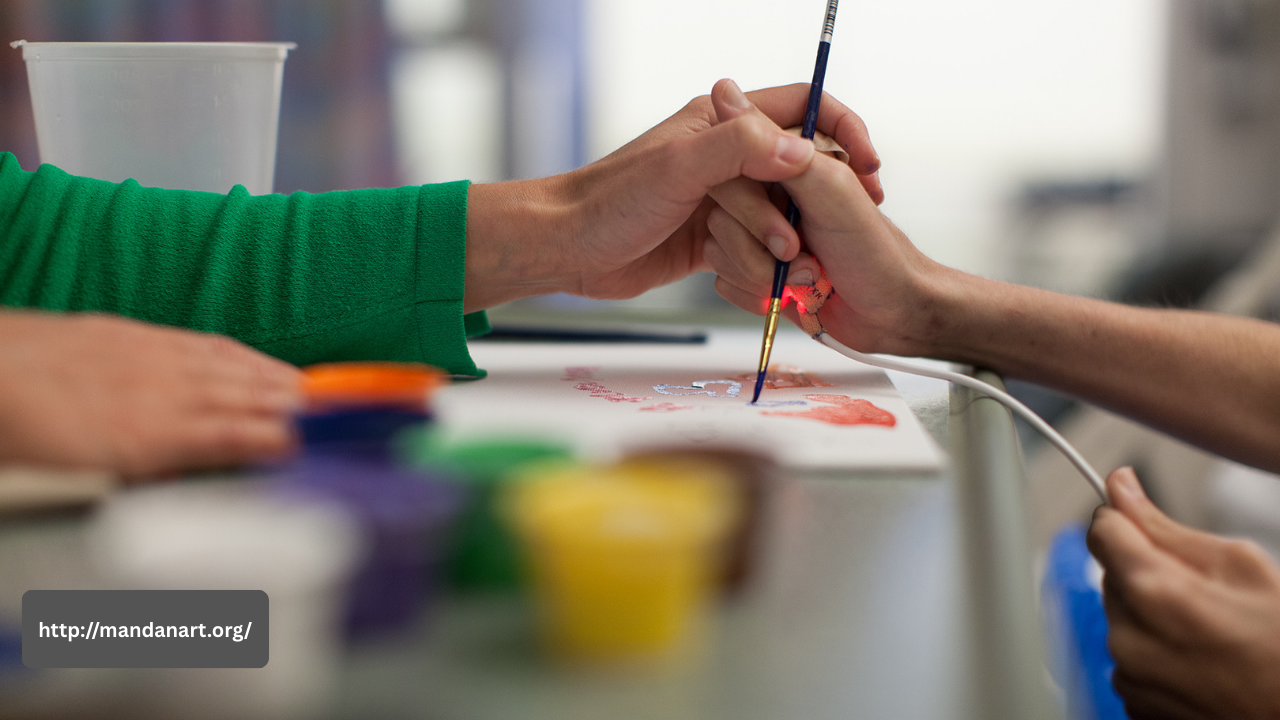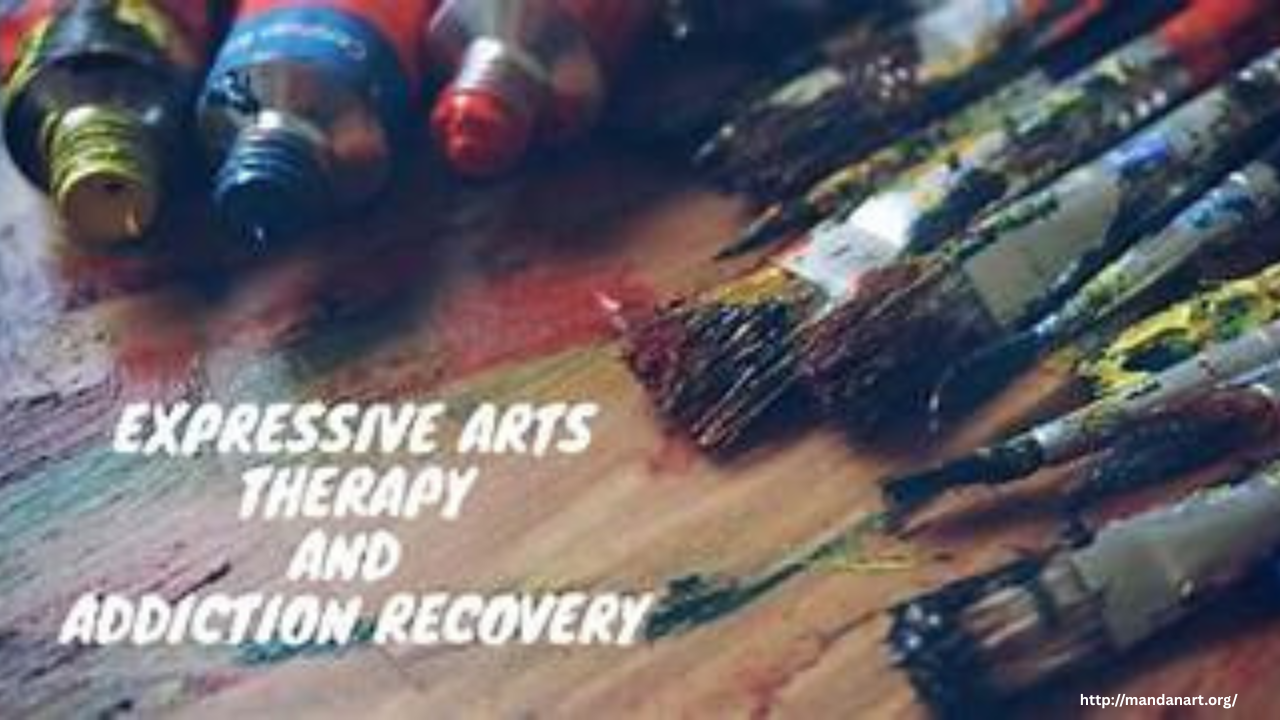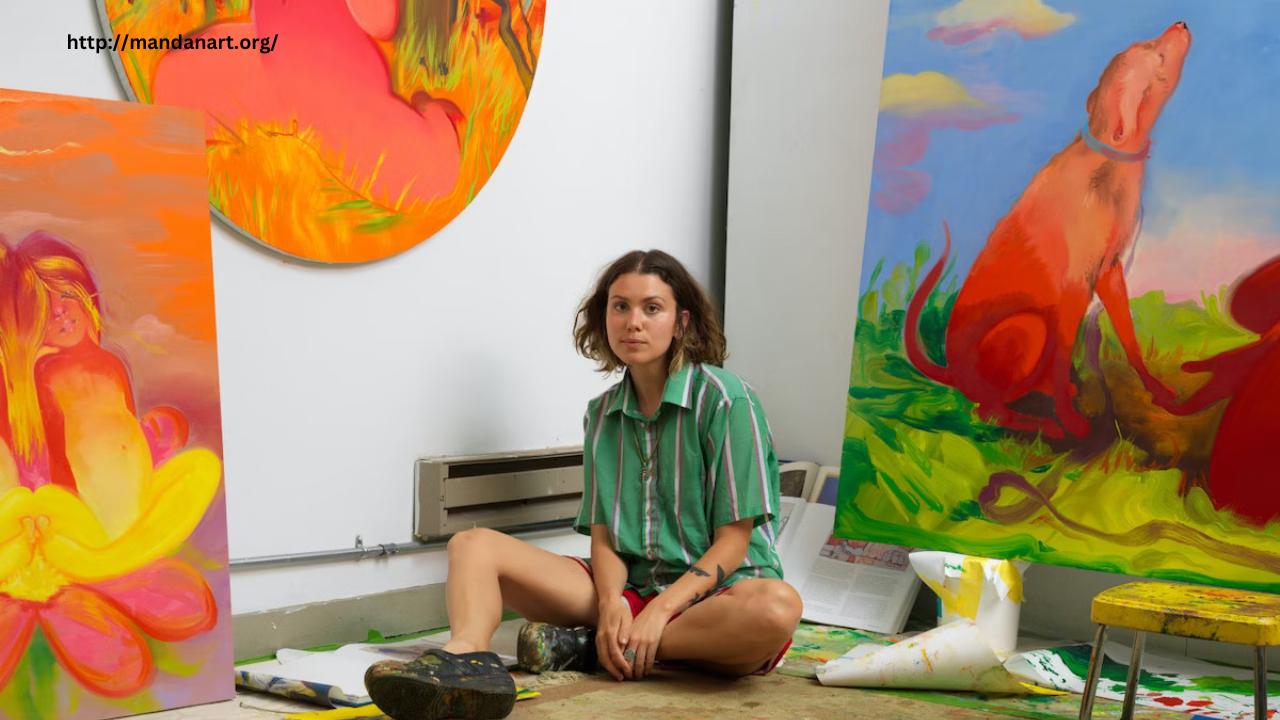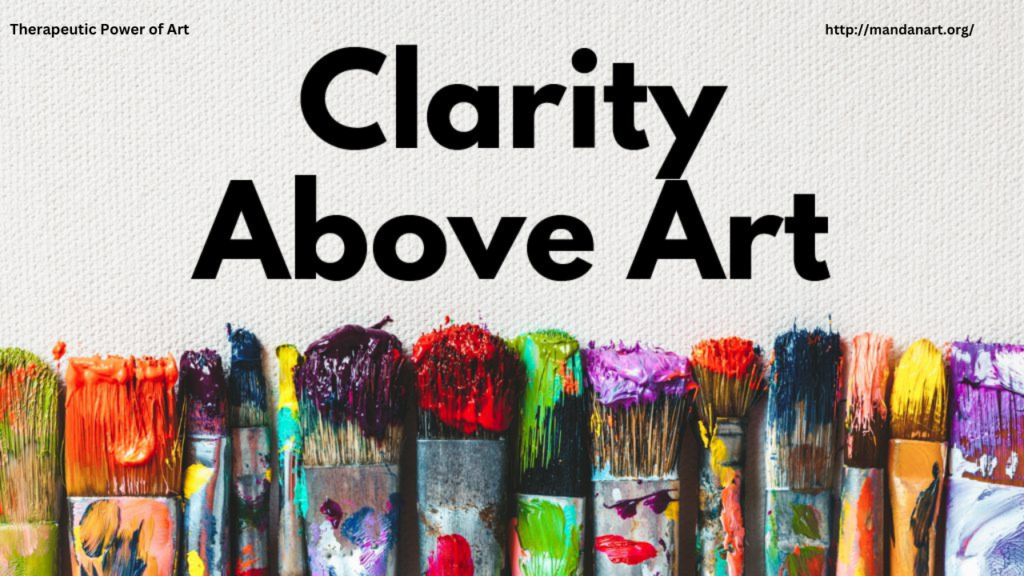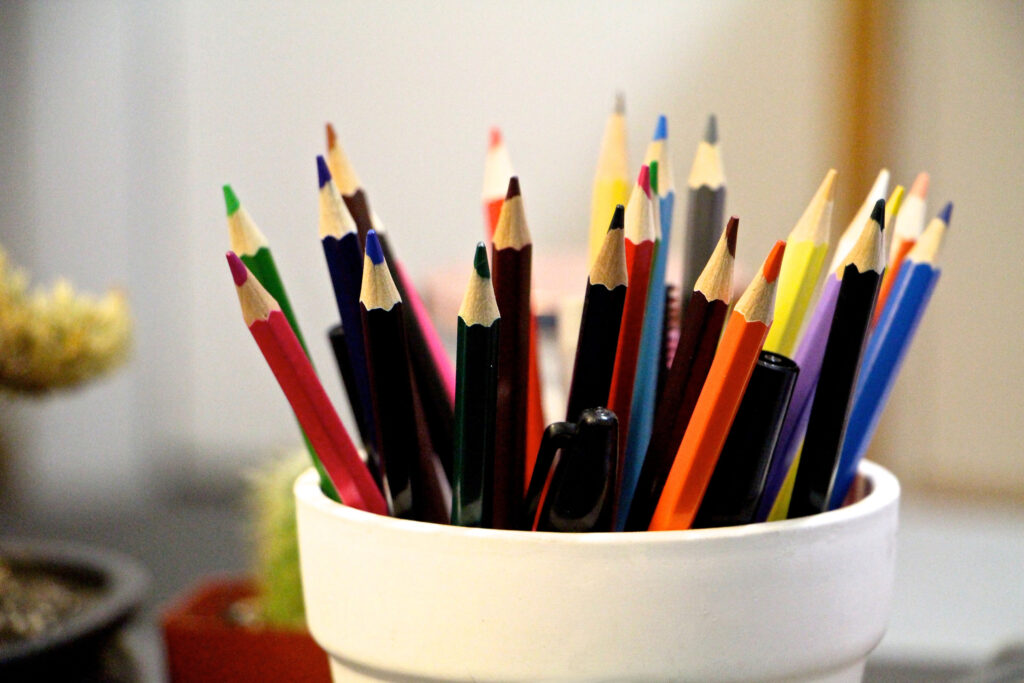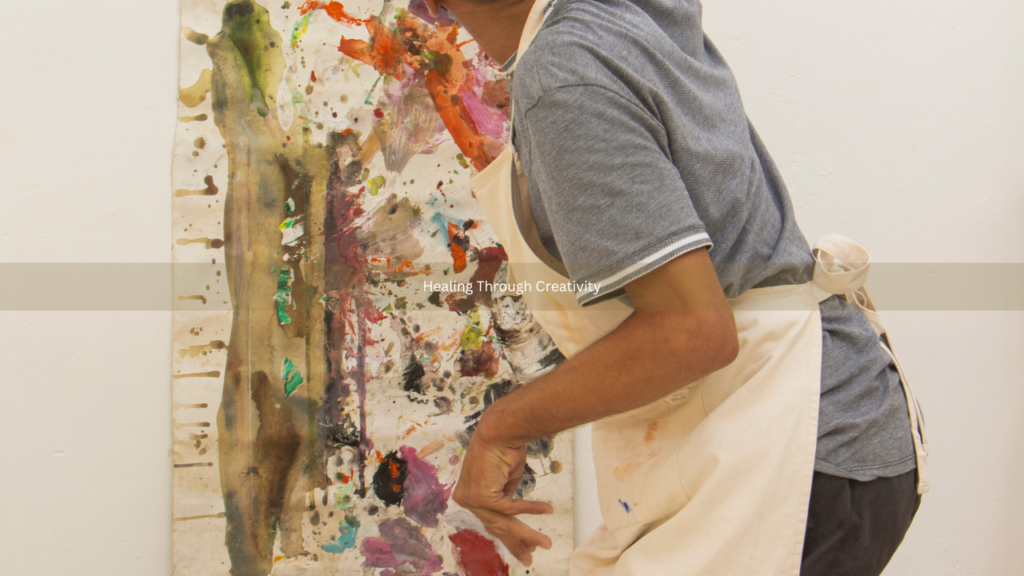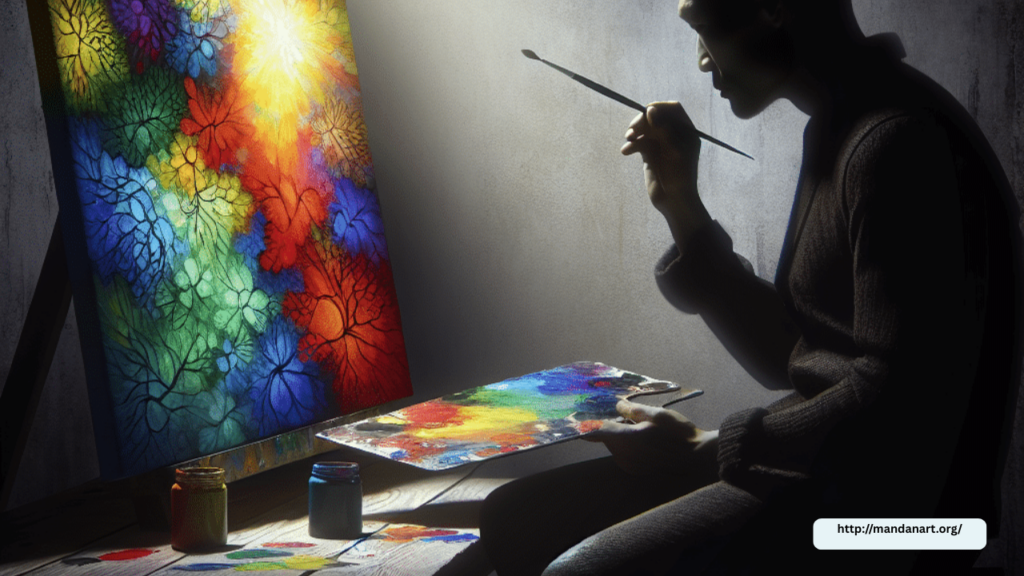
Recovering from addiction is a multifaceted journey that goes beyond simply quitting substances—it involves healing the emotional and psychological wounds that often lie beneath. While traditional therapies such as counseling and medication form the foundation of many recovery programs, creative approaches like art therapy offer a powerful complement. Artistic expression can be a transformative tool, helping individuals in recovery express what words cannot, process their experiences, and move forward with strength and clarity.
The Role of Artistic Expression in Healing
Artistic expression taps into a part of the brain that is often bypassed in traditional therapy. Through painting, drawing, sculpture, and other creative activities, individuals are given a non-verbal outlet to communicate their emotions, trauma, and hopes. This can be especially helpful for those who struggle to articulate their pain or who feel overwhelmed by the intensity of their feelings.
In addiction therapy, the act of creating art becomes a journey in itself—a way to reconnect with one’s inner self and begin the process of emotional release. It helps individuals externalize their struggles, turning abstract pain into something visible and tangible, which can then be examined and understood.
Benefits of Artistic Expression in Addiction Therapy
- Emotional Release: Addiction often masks underlying emotions such as guilt, shame, grief, or anger. Artistic expression allows these feelings to surface in a safe, controlled environment. Instead of suppressing emotions, individuals can channel them into creative works that reflect their inner world.
- Self-Exploration and Insight: Art provides a unique lens for self-discovery. Through the process of creating, individuals can uncover patterns in their thinking and behavior, identify triggers, and gain a deeper understanding of the roots of their addiction. Reflecting on their artwork often leads to powerful insights that can guide their recovery journey.
- Stress Reduction and Mindfulness: Engaging in art-making promotes mindfulness, helping individuals stay present and focused. This sense of being “in the moment” reduces stress and anxiety, making it easier to cope with cravings and avoid relapse.
- Rebuilding Identity: Addiction can strip individuals of their sense of self. Creating art gives them a chance to rebuild their identity as someone capable, creative, and whole. Each piece of art becomes a symbol of growth and progress.
- Constructive Coping Mechanism: Artistic activities offer a healthy, constructive way to deal with difficult emotions. Instead of turning to substances, individuals learn to turn to art as a reliable and therapeutic coping strategy.
Art Therapy in Practice
Many rehabilitation centers now incorporate art therapy into their treatment plans. Sessions may involve guided projects with specific themes or open-ended creation where individuals can explore freely. Whether in individual or group settings, art therapy fosters communication, empathy, and shared healing among participants.
Conclusion
Artistic expression is a powerful ally in the fight against addiction. By allowing individuals to express, process, and recover in a deeply personal way, art therapy supports holistic healing and lasting transformation. Through the creative process, those in recovery can reclaim their voices, rediscover their strength, and move toward a future of hope and sobriety.
